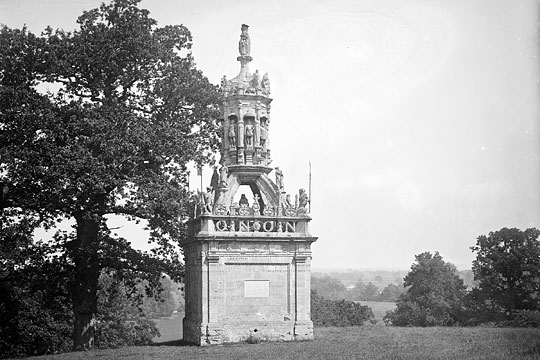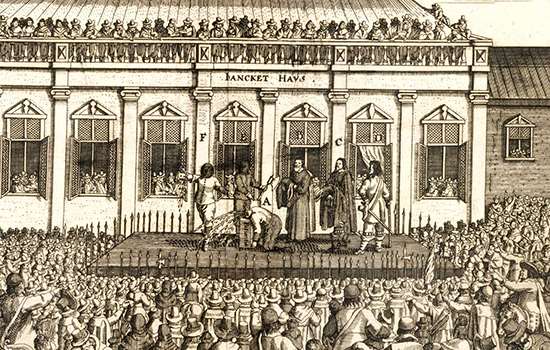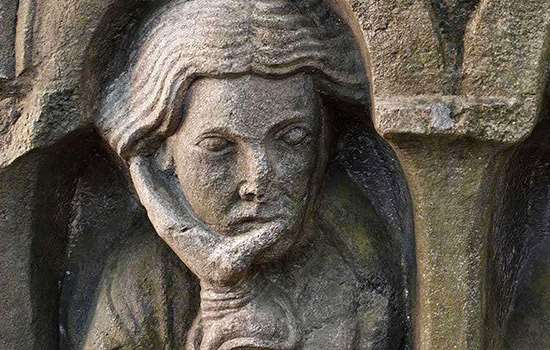History of North Hinksey Conduit House
North Hinksey Conduit House is located on a hillside with views over the busy Oxford ring road to the spires of the city below.

The conduit house, which covers and protects a shallow well, was built in about 1617 as part of a system constructed to take clean drinking water from the springs at North Hinksey downhill to the Carfax Conduit, a fountain in the centre of Oxford.
The lawyer Otho Nicholson promoted the system, and erected the ornate fountain to mark James I’s visit to Oxford. The fountain was dismantled as part of street improvements in 1787, but re-erected in the same year by the second Lord Harcourt as an eye-catcher at Nuneham Park, a few miles outside the city.
The ditch through which water flowed downhill from North Hinksey is no longer visible at ground level and has been cut and removed at many points. The conduit house itself, however, survives in its original location as a fine example of early civic clean-water provision.
Description
The conduit house is a single-storey structure, built of dressed limestone. Recent repair work has involved the replacement of some of the stones with a finer-grained limestone. The stone roof and some of the coping stones are modern.
The building measures 13 metres (43 feet) by 8 metres (26 feet), the walls standing to a height of about 4 metres (13 feet) at the gable ends. The side walls each have two gabled buttresses.
A round-headed doorway provides an entrance to the structure on the front gable end, above which is carved the coat of arms of Otho Nicholson. Narrow, two-light vents pierce the structure on both gable ends.
There is some beautifully chiselled graffiti from the late 17th and 18th centuries on the exterior of the building.
Further Reading
Cole, JC, ‘Carfax Conduit’, Oxoniensia, 24 (1964), 142


